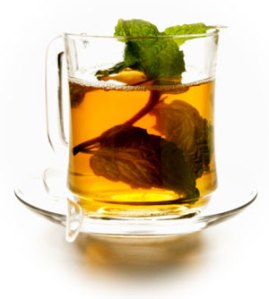 Black tea prevents nonsmokers from having lung cancer while milk and dairy products help deter lung cancer in smokers, according to research presented at CHEST 2010: American College of Chest Physicians Annual Meeting.
Black tea prevents nonsmokers from having lung cancer while milk and dairy products help deter lung cancer in smokers, according to research presented at CHEST 2010: American College of Chest Physicians Annual Meeting.
The researchers conducted interviews and analysis on 533 female lung cancer patients and 1,971 control subjects.
The researchers found that milk/diary products, vegetables, apples, wine and physical exercise were able to reduce the risk of lung cancer by 43%, 40%, 31%, 23%, 41% respectively. None of these factors, however, were protective for nonsmokers.
Instead, nonsmokers gained a protective effect from black tea (a 34% reduction in risk of lung cancer after drinking black tea).
We have known that nonsmokers have a lower risk of having lung cancer. If you are a nonsmoker and would like to further reduce your odds of getting lung cancer, you might like to consider drinking black tea such as Pu’erh tea.
Source: CHEST 2010: American College of Chest Physicians Annual Meeting: Abstract 9365. Presented November 2, 2010.
Please visit healthreason.com for more health related articles.














